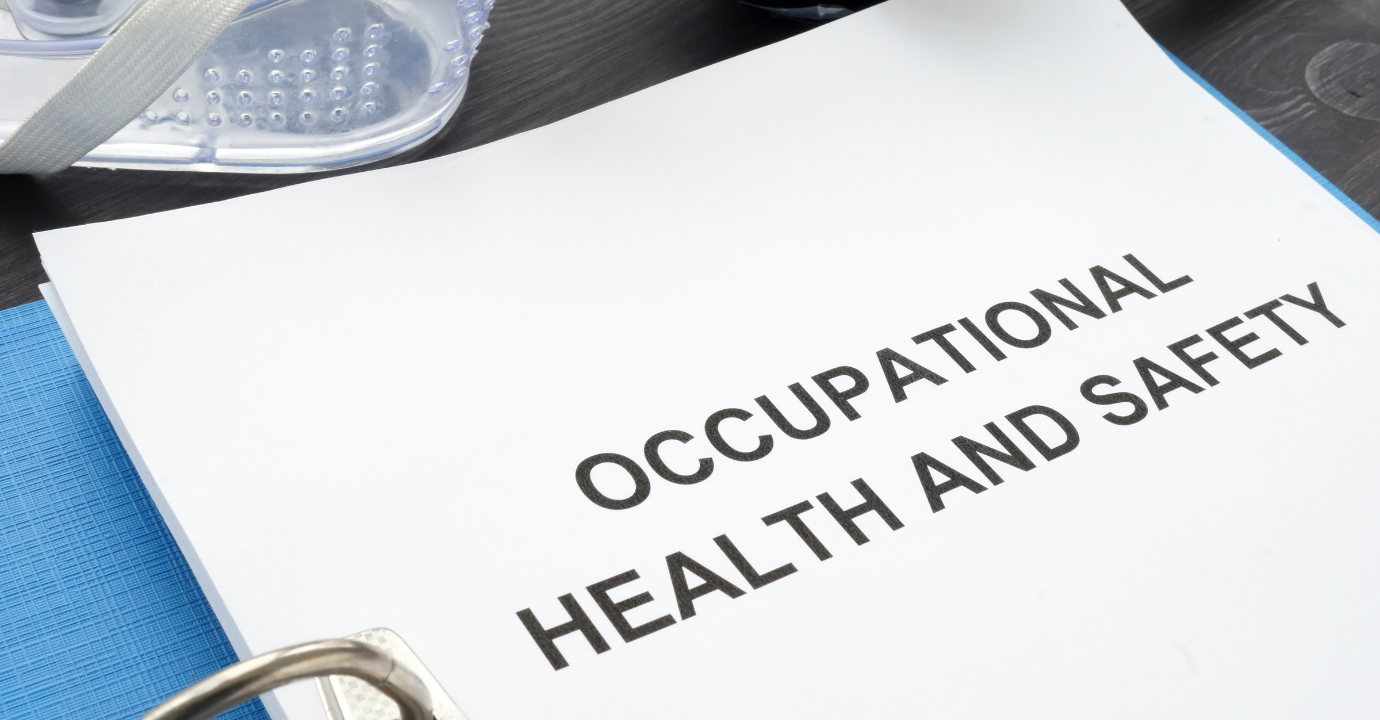The Legal Requirements for Occupational Health in the UK: A Guide for Employers
As a UK employer, you’re under the law to keep your team safe and healthy at work. That means taking care of both physical and mental health.
You wouldn’t let your employees work with faulty equipment or in unsafe conditions, right? Well, the same goes for their health. Ignoring occupational health can lead to serious problems, from accidents and illnesses to legal trouble.
So, what are the first steps?
- Risk Assessment: You need to figure out what could harm your team. This includes everything from hazardous chemicals to stressful work environments.
- Prevention is Key: Once you know the risks, put measures in place to stop or minimise them. Think safety training, proper equipment, and a healthy work environment.
- Partner with an Occ Health provider: To ensure you are legally compliant make sure you partner with an Occupational Health provider who can support you through all legal requirements of workplace healthcare.
Legal regulations
The Health and Safety at Work Act (HSWA) 1974 is the primary piece of legislation in the UK that governs occupational health and safety.
The Health and Safety Executive (HSE) is the governmental appointed body that is responsible for enforcing workplace health and safety legislation in the UK. However, when it comes to enacting enforcement, this responsibility is generally divided between the HSE and relevant local authorities.
According to a recent study by the HSE, work-related ill health costs UK businesses an estimated £44.2 billion a year. This includes the cost of absenteeism, presenteeism (where employees are at work but not fully productive due to ill health), and medical care. By investing in occupational health, employers can help to reduce these costs and improve the health, well-being and productivity of their workforce.
The Health and Safety at Work Act 1974
As a brief overview, the HASAWA 1974 requires that workplaces provide:
- Adequate training of staff to ensure health and safety procedures are understood and adhered to
- Adequate welfare provisions for staff at work
- A safe working environment that is properly maintained and where operations within it are conducted safely
- Suitable provision of relevant information, instruction and supervision
For workplaces with five or more employees, employers must keep a written record of their health and safety policy, as well as consult with employees (or employee representatives) on relevant policies and associated health and safety arrangements.
Which workplaces do these health and safety regulations apply to?
Health and safety legislation applies to all business sectors, and it is therefore the responsibility of the employer to ensure that health and safety is effectively managed within the workplace.
The Management of Health and Safety at Work Regulations require that an employer must suitably assess work-based activities and implement any appropriate controls to manage potential risks to the health, safety and welfare of employees (and others).
Latus Group’s Role in Occupational Health
Latus Group is a leading provider of occupational health services in the UK. We have a team of experienced occupational health professionals who can help you to fulfill your legal requirements under HSWA, MHSWR 1999 and COSHH. We offer a wide range of occupational health services, including:
- Health Surveillance
- Management Referrals
- Safety Critical and Fit-For-Work Medicals
- Mental Health, Physiotherapy/MSK Clinic
- GP Support
- Workplace Testing and Screening
- Vaccinations
- Biological Monitoring
- First Aid and Mental Health First Aid Training
- Health and Wellness Screening
We can also help you to develop and implement a comprehensive occupational health strategy that meets the needs of your business.
If you are an employer in the UK, you have a legal duty to protect the health, safety and welfare of your employees. Occupational health services can help you to fulfill this duty and create a healthier and safer workplace for your staff.
If you’d like to speak to us about health surveillance, visit our page and contact us with any questions.

